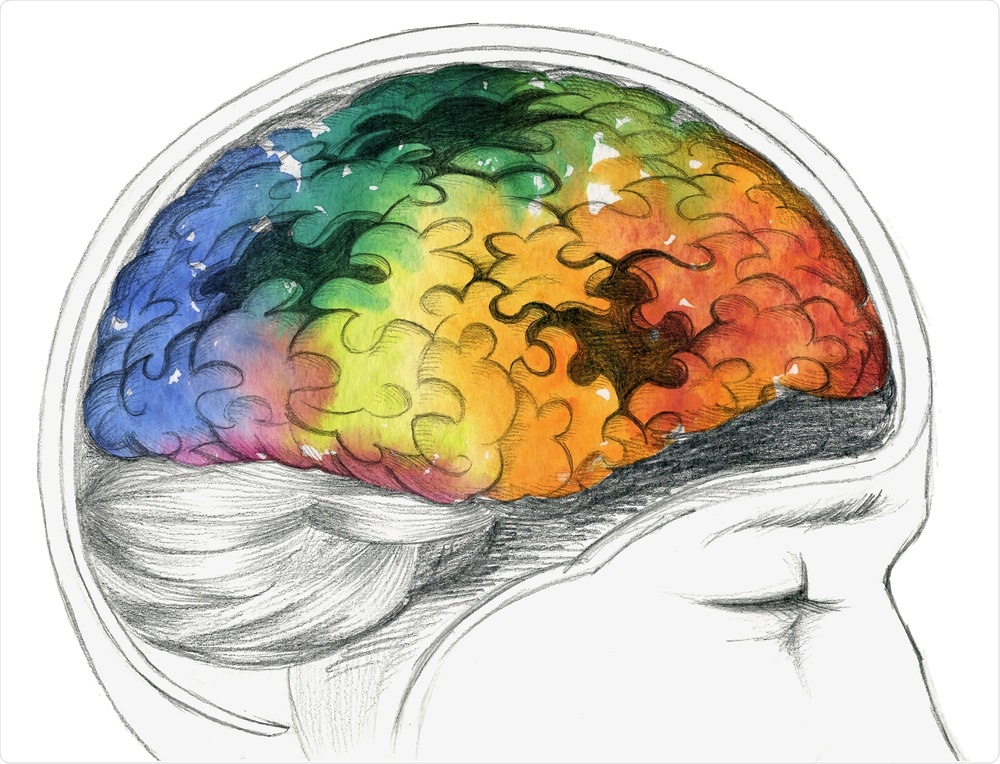Researchers at Massachusetts General Hospital have shed light on why women are more prone to developing Alzheimer’s than men.
 Carla Francesca Castagno | Shutterstock
Carla Francesca Castagno | Shutterstock
A study of 300 elderly individuals who underwent PET (positron emission tomography) scans showed that women are more likely to develop the toxic proteins known to trigger the disease.
As reported in the journal JAMA Neurology, the scans revealed that men had fewer of the disease-causing tau and beta-amyloid deposits in their brains than women did.
These proteins are present in all grey matter, but when large amounts of them aggregate to form tangles or clumps, this can destroy neurons and lead to memory loss and confusion seen in Alzheimer’s.
Growing evidence suggests women may be at increased risk of certain physiological changes associated with Alzheimer's disease."
Dr. Reisa Sperling, Lead Author
The study could help to explain why around two-thirds of dementia patients are female, a fact that has previously been attributed to women living longer than men and having more time to develop the condition. However, many scientists suspected that other mechanisms may be contributing to the gender gap in Alzheimer’s prevalence.
The current study looked specifically at tau deposits in the brains of patients aged an average of 74 years who were all cognitively healthy.
Women showed more tau in a region of the brain than men, which was associated with individuals with greater amounts of plaque deposits of the beta-amyloid peptide, another marker of Alzheimer's.”
Dr. Reisa Sperling, Lead Author
Researchers previously thought that there were no significant differences in the brain levels of these protein “biomarkers” between men and women, but potential gender-specific differences involved in the pathology of the disease is becoming an increasingly important focus in Alzheimer’s research.
Sperling says the current findings support other studies in identifying potential reasons for the differences in risk for Alzheimer's disease between men and women.
Previous research has shown that women genetically predisposed to Alzheimer's have higher levels of tau in their cerebrospinal fluid than predisposed men and the current study is the first to identify a similar pattern in clinically healthy individuals.
These findings lend support to a growing body of literature that exposes a biological underpinning for sex differences in Alzheimer's disease risk.”
Dr. Reisa Sperling, Lead Author